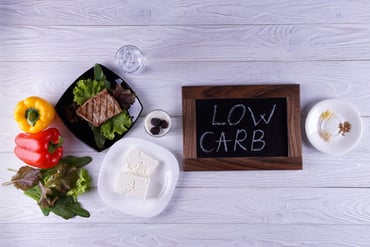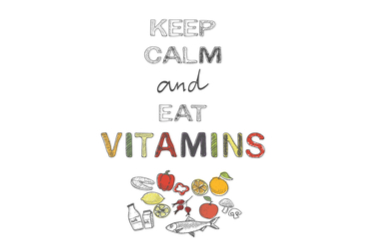Coconut water is nothing new in this coco-obsessed era. Not more than a few years ago, you’d be hard pressed to find it in anything other than a hacked open coconut during your tropical getaway. But it’s now become so common that it can be found in mass produced bottles at 7-eleven! Coconut water has long been marketed as a health-drink that is chock full of electrolytes, but is it really your best best for rehydration after a tough workout? Let’s examine it a little further and break down what it contains.
Nutrition breakdown per 100ml*
Energy: 20 kcal per 100ml (A can or tetrapak of coconut water is between 250 – 350ml)
Sugar: approximately 3-5 grams
Electrolytes:
Potassium: 150 – 200mg
Sodium: 5 – 15mg
Negligible levels of calcium, potassium, and magnesium (USDA food composition database)
*This is only for brands of bottled coconut water that don’t add sugar. Always remember to read the ingredients label! Some brands add 20 – 30g of sugar per bottle, which is comparable to sugar levels in a can of soda.
How do sports drinks help performance and recovery?
Aside from water, carbohydrates (usually in the form of simple sugars) is a primary component in most sports drinks. This is one of the few times when our bodies can actually benefit from a moderate amount of simple added sugars, because they can help replete glycogen stores that were used up during exercise.
Another group of crucial ingredients are electrolytes, which can be lost from our bodies through sweating. A carefully balanced concoction of electrolyte ions are naturally dissolved in our body fluids, which is essential for your body to function. For example, sodium (Na+) is required for nerve function and blood pressure regulation, as well as increasing fluid absorption and retention after exercise (Sports Dietitians Australia). Because sodium is lost in greater amounts through sweating compared to other electrolytes, it especially important for sports drinks to contain adequate levels of sodium to prevent fatigue, muscle cramps, and nausea.
However, most dietitians and nutritionist only recommend sports drinks after 60 minutes or more of intense exercise (American Council on Exercise, 2018; Dietitians of Canada, 2016). Water is a much better option for workouts that are shorter or more toned-down, as the additional sugars from sports drinks could do more harm than good.
So how does coconut water measure up?
Going back to the nutrition breakdown, we can see that although coconut water contains a good amount of sugars, it is lacking in sodium. While it doesn’t hurt to drink it as a source of fluids, it probably won’t do any wonders for sports performance or recovery.
In fact, a number of studies have shown that the effects of water, coconut water, and traditional sports drink are all about the same after moderate cardiovascular exercise. There was no significant difference in the fluid absorption and retention levels based what the exercisers drank during and after exercise, with plain water performing just as well as the sports drinks (eatright.org, 2017; Idárraga, 2010; Kalman, 2012)
Water’s still the reigning champion
Given the amount of sugar (and therefore calories) that’s in most traditional sports drinks, it’s probably best to save them for serious long hikes or an intense game of sports. Giving coconut water a go as a lower-calorie alternative certainly won’t hurt, but at the end of the day, water is also going to be your best bet.
References:
American Council on Exercise. “Fit Facts: Healthy Hydration.” American Council on Exercise, 2008.
Full Report (All Nutrients): 45235003, HARVEST BAY, ORGANIC COCONUT WATER, ORIGINAL COCONUT, UPC: 075239100012 [Advertisement]. (2016, September 23). Retrieved July 28, 2017,
Idárraga, A. P., & Aragón-Vargas, L. F. (2010). Post-Exercise Rehydration with Coconut Water. Medicine & Science in Sports & Exercise,42, 575. doi:10.1249/01.mss.0000385426.82354.f8
Kalman, D. S., Feldman, S., Krieger, D. R., & Bloomer, R. J. (2012). Comparison of coconut water and a carbohydrate-electrolyte sport drink on measures of hydration and physical performance in exercise-trained men. Journal of the International Society of Sports Nutrition,9(1), 1. doi:10.1186/1550-2783-9-1
Wolfram, T. (2017, July 26). Coconut Water: Is It What It’s Cracked Up to Be? Retrieved July 28, 2017, from http://www.eatright.org/resource/food/nutrition/healthy-eating/coconut-water-is-it-what-its-cracked-up-to-be


